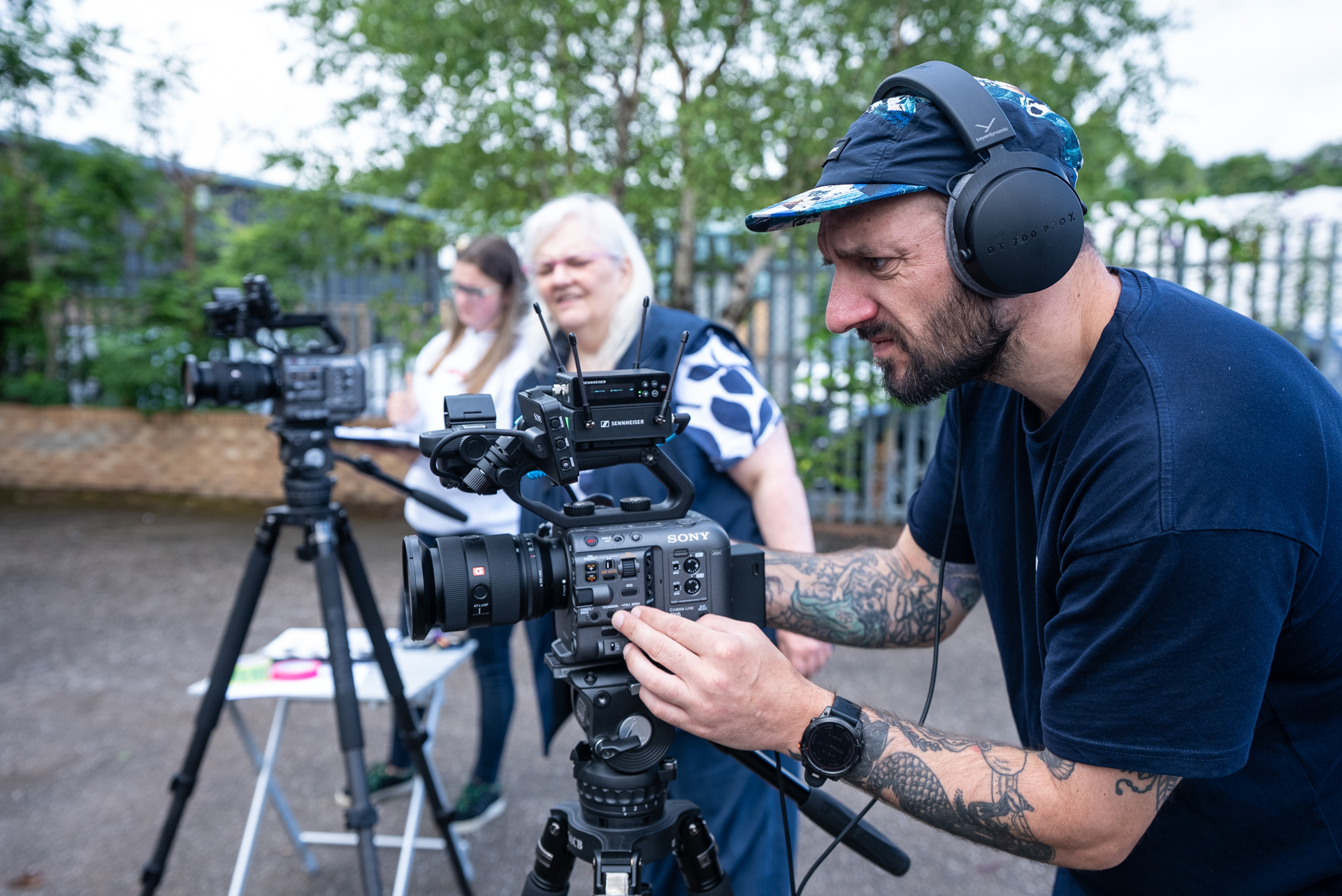I’ve had a circuitous journey to get to my current role. I studied physiology and pharmacology as a degree and then went onto vet school as a graduate — a learning pathway that I found much better for me than a more traditional route.
I was brought up in Devon and surrounded by dairy farms; after I qualified in 1996, I wanted to do mixed practice and dairy work. I was lucky enough to get a job in a brilliant mixed practice in Herefordshire where we did everything — dairy work, horse work, pig work. We had a zoo and I became involved in that as well, including snow leopard preservation. It was the kind of work that as a new graduate, seemed unbelievable and exciting.I quickly realised that while I enjoyed surgery I was hopeless at orthopaedics, and I used to get stressed about it. What I loved about medicine was the problem solving aspect of it — the interactions with the clients and the relationships you develop over the long term.
My journey led me to a residency in small animal medicine and oncology at the University of Cambridge. It was there that I met Dick White, who eventually offered me the job of setting up a medicine service that would become Dick White Referrals. The rest, as they say, is history!
I've always loved teaching, whether it’s students at the University of Nottingham or as part of CPD training. I’ve been lucky enough to teach across the UK and Europe — and Mexico. It’s exciting to me that through teaching we can make a real impact.
When it comes to getting learners engaged, I think it’s key to be open and friendly, but also genuinely enthusiastic. I want to foster an atmosphere of openness and excitement – a space to feedback, interact and learn from one another.
If I’m doing a whole day of CPD, I aim to format it similar to a seminar. If someone has a question, I want them to feel comfortable that they can ask it; or to share their case studies and experiences. It can be tough to listen to one person talk for six hours, so I encourage active participation and a culture of sharing. I want those that I teach to be able to take something from the day, even if it’s just one or two aspects or learnings, and apply it to their everyday practice. I always learn something too — whether it’s a new perspective, case study or even just a grounding of what it’s like to be in day-to-day practice.
Humbleness has become key to my teaching approach. Over time, a perception has developed throughout our profession of a barrier that exists between specialists and those in everyday practice. I vehemently disagree that this should be the case. We’re all veterinary surgeons. I know a huge amount about a very narrow field; I’ll whole-heartedly acknowledge that there’s so much I can’t do that others can. These are very busy professionals, who face a multitude of challenges day to day. They make many of their decisions by pattern recognition that’s modified by daily experience. What I teach is the problem-oriented medicine side; what to do when you don’t know what to do. These vets have the knowledge; what I can teach is how to take a step back and think differently to find a solution.
As a leader in a clinic, my aim was to be inspirational and create real personal interactions and connections with those I worked with — and learn from one another. I want to do the same in teaching and inspire the delegates or the students to be the best they can be. Giving them that boost of courage to solve clinical problems and make decisions by leading a learning session that’s (hopefully) exciting and inspiring. We can all remember a teacher from school who inspired us — the ones that loved their material and spoke directly to you, instead of talking down to you. I absolutely hate speaking from behind a lecturn to delegates. I want to walk, move around and break down those barriers that can happen between presenter and listener. Education and good communication really comes down to the ability to relate to another person and connect with them on a human level. Which, at its core, is what veterinary medicine is all about.
Ultimately, we’re all colleagues in a room who wake up each morning to make the animals that are presented to us better; to help owners through challenging times and share moments of joy too. We can do that by continuing to learn, be open and problem solve with one another, and share in the privilege we have to be part of this profession.
Rob Foale is a Professor of Practice (Small Animal Medicine) at the University of Nottingham, a Veterinary Specialist in Small Animal Internal Medicine and Consultant at Virtual Veterinary Specialists.




